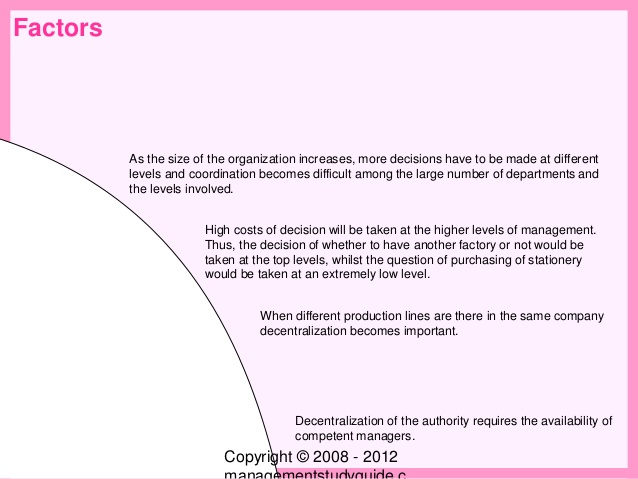Supporters of cryptocurrency often talk about them as a means that will help to overthrow the centralized monetary system. However, it seems that things are such that we are still very far from the implementation of this concept.
The current problem is the widespread acceptance of cryptocurrencies, which can only be achieved in close connection with centralized institutions, such as government and regulators. And therefore, it is safe to say that centralization is inevitable in the cryptocurrency space – at least for now.
Cryptocurrencies promised us to carry out a financial revolution through decentralization , when all actions on the network are controlled by its members. In general, in the cryptocurrency tales of enthusiasts, centralized institutions such as banks and governments act as anti-heroes. Decentralization promises true democracy, providing equal opportunities for all, but it cannot solve all the problems of life.
Let's look at the role that centralized institutions play in promoting cryptocurrencies, and how they help cryptocurrencies to gain wider recognition.
The role of centralization for cryptocurrency
The concept that people could fully control their finances can work only where anarchy prevails. In all countries, the vertical principle of governance is applied – be it democracy or dictatorship. The current centralized system is not liked by everyone, but it works fine.
The concept of cryptocurrency in the form that we know now appeared in 2009, when Satoshi Nakamoto presented his white paper Bitcoin (BTC) . It describes the network of financial calculations among equal participants. Nakamoto's goal was to provide a developing country with a tool that would help them get rid of the monopoly of banks, but the concept received a different impetus and, over time, thousands of new coins appeared.
For new concepts and technologies, wide recognition and reinforcement are important, and this is possible only when centralized institutions and crypto-space work in partnership. Now it is obvious that the only way that will lead to the recognition of crypto is good regulation. It sounds bad to someone, but it is inevitable.
You cannot simply start using a service or product that is not recognized by the authorities, since control is in their hands. Everything that is not approved by the government, automatically goes into the category of illegal.
Cryptocurrency really preaches the concept of decentralization and true democracy, but are they all decentralized? The answer is NO, the creators of the majority of new tokens entering the market cannot be controlled by the powers that be.
How decentralized cryptocurrency market?
Bitcoin is an open source project that helped other people create their own tokens based on their original concept. However, Bitcoin itself became an instrument of market speculation, and the focus shifted to immediate monetary gain – therefore, the idea of decentralization faded into the background.
Now the majority of tokens that are on the market have some form of centralization.
Here's how it works :
- If the initial financing of your token is carried out through ICO, then it somehow goes through some stages of centralization;
- If the token team reserves a certain number of tokens for itself, then such a coin is centralized;
- If large investors are behind the token, it is centralized;
- If the token has an unreleased reserve, then it is centralized.
Thus, it becomes quite obvious that cryptocurrency tokens are not as decentralized as is customary to think about them. However, even centralized forms of cryptocurrency promise many advantages compared to conventional fiat money – for example, these are faster transactions and lower fees for them.
Regulation is necessary for widespread acceptance of cryptocurrency
To become a recognized means of payment in the financial sector, cryptocurrencies must be approved by governments. Regulators often become an obstacle, but only proper regulations can protect people from scammers.
In the case of theft of your cryptocurrency funds, there should be a certain set of rules / instructions that determines the procedure for law enforcement officers or other persons who would help you to get your money back. Otherwise, one can hardly expect that you will be helped. Thus, centralization is to some extent absolutely necessary.
It is clear that regulators could impose such restrictions, which in principle would not allow the use of digital currencies. However, it is better for everyone if their responsibilities include investor protection, which does not necessarily imply denial / restriction / destruction of new technologies.
Publication date 06/03/2019
Share this material on social networks and leave your opinion in the comments below.

